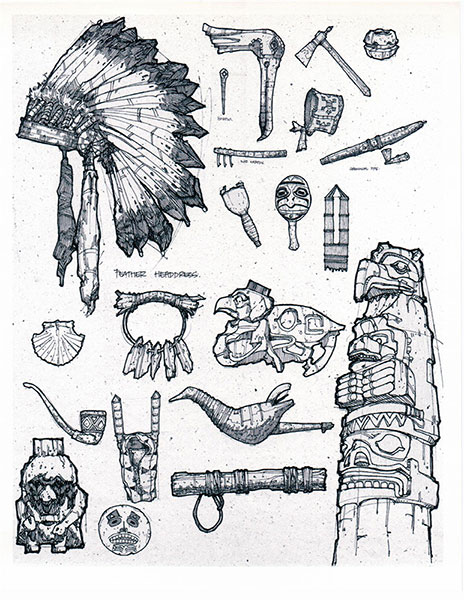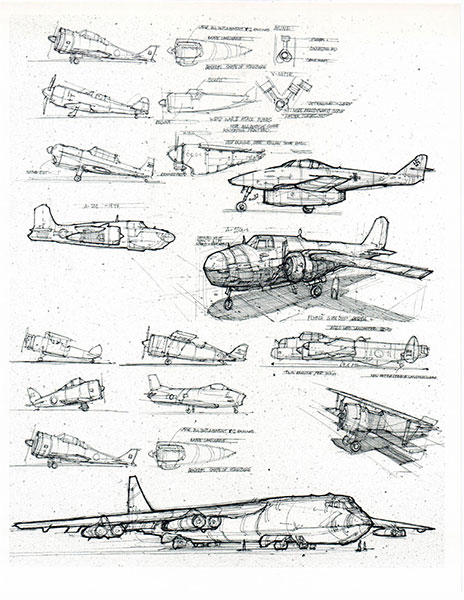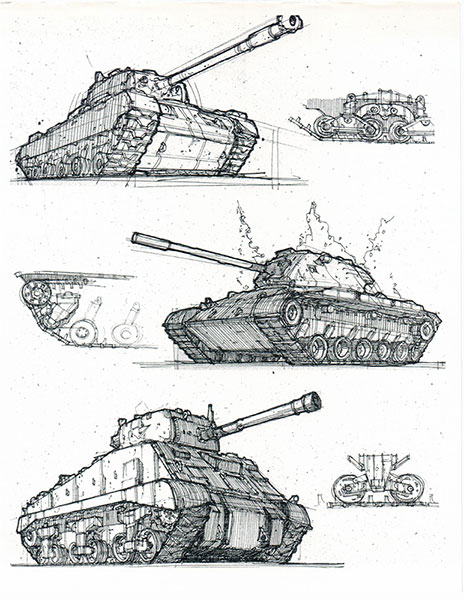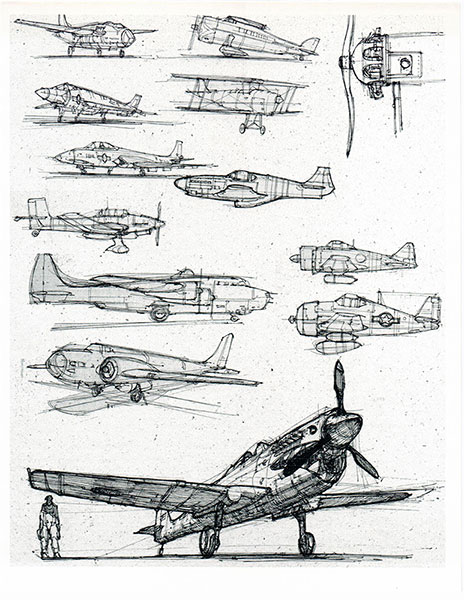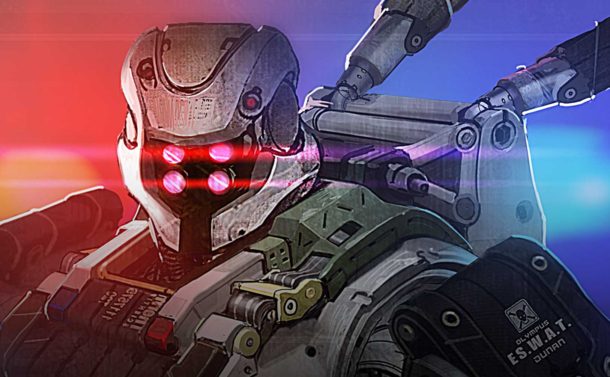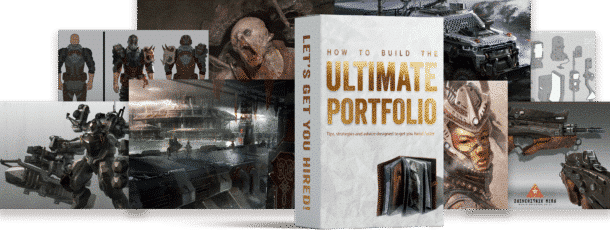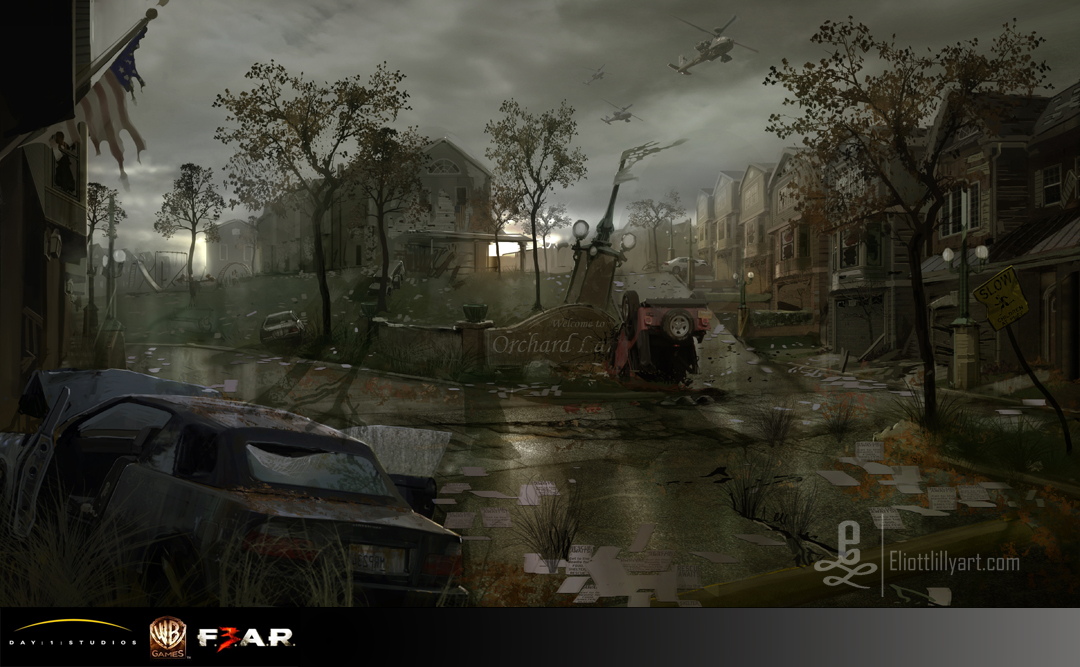
by Eliott Lilly | Sep 23, 2015 | Questions
Here are a few short answers to some of the most frequent questions I get asked by students about various types of hardware used for concept art.
Do you know a good drawing tablet for my computer that I can get around the $100-$200 range?
Yes and no. There are several cheap/ generic tablets out there, but from what I’ve seen, they all have quirks or drawbacks of some kind. Even some of the student versions of professional tablets (like the Wacom Bamboo) can offer a less than perfect drawing experience. Therefore, when possible, I believe that it is better to spend a little more money to purchase the industry standard tablet (Wacom Intuos/ Cintiq) and consider it an investment in your future, than to compromise and purchase a sub-par product. Even if you can’t afford the latest greatest Wacom product, you may be able to afford the last generation or two of their tablets. Or consider buying it used or refurbished.
Personally, I like drawing with traditional media (pen/markers/paint), but I see a lot of concept art online is done digitally. I own a Wacom Cintiq and know how to do digital paintings in Photoshop, but I am way faster with pen and paper so the majority of my drawings are done manually. Should I be switching over to digital, or does traditional media still have a place in video game design?
I believe that whatever works the fastest, whichever one you are most comfortable and efficient at using, or whichever one gives you the best end result is the medium that you should choose. This all depends on your task at hand, so the medium you choose may change from assignment to assignment. Being open to all kinds of mediums is probably best. In my experience however, I mainly work digitally because I like “UNDOs” and scanning in loose pieces of paper is a hassle. You will have to develop your own preference. Occasionally I’ll have trouble with the photoshop pen pressure not working, but for most digital artists it’s a quick fix and doesn’t affect your overall flow.
Also keep in mind that the work you see displayed on online galleries, is just that: for show. It doesn’t paint an accurate picture of what concept art is.
For example: when dealing with clients I give them all them the same speech. I say: “Hey, I can make this one image super sexy with lots of polish and lens flares,.. but it will take a week. Or I can bang out 3 super quick dirty concepts in a day and we can polish from there. Which do you want?….”.
Guess what they say 10 out of 10 times………. YUP: Quick and dirty. Because ultimately its not about the render or the finish. Its about the ideas. And that is what the client is paying you for: your brain. So they get more bang for their buck when they can see more ideas.
That was my long-winded way of saying the same thing I said in the first sentence. You’re welcome.
What medium is the most relevant for concept design?
In my opinion, there is no relevant medium. Every medium and process has its advantages and disadvantages; use whatever tool you can to get the job done as best and as fast as possible. You should also keep in mind that there are things you can do with traditional mediums that computers will never be able to fully emulate, just like there are digital manipulations and happy accidents that occur on the computer that would take you forever to replicate by hand. By being open to all mediums, you will increase work-flow productivity and stave off boredom.
If you have questions that are not answered here, send a email to eliott@eliottlillyart.com. It may take some time, but I will do my best to respond.

by Eliott Lilly | Sep 21, 2015 | FAQ, Questions

Here’s how you can check to see if you are attending the wrong school, and several ways to course correct.
I got into college this year; http://www.lit.ie/Courses/LC502/default.aspx, but I question the curriculum very much because it feels much more of a game development course then anything. Nobody in the program knows what to make of the course because it’s the first one with that title ever in Ireland. It looks like the school is trying to do a lot in this course, but I am unsure if it is the right place to learn about concept art. What do you think?
Hello. I looked at your schools website and the main thing I noticed right away was that the curriculum tract you are on is indeed for game development (not art). If I read correctly, during your first semester, you will have 10 classes or so, but only two of them are for art. The other eight cover things like Animation, Scripting, Audio basics, and more.
If you knew you wanted to go into video games, but didn’t know which area to focus on, or if you wanted to make your own video game in the future, then taking a mixed discipline course like this might be great for your needs. In you case, however, where you KNOW that you want to be a concept artist, then taking a course like this is terrible. Also, from what I can tell, the last two years of the school you won’t even be drawing. I hate to say it, but you may be right – You’re in the wrong school.
That’s not to say that the school is bad, only that it’s not properly suited for your needs. No school can be really bad, per se, especially if they take guidance from firms that provide education consulting services. These agencies can help a school and its students reach its true potential by applying various strategies. However, even a school at its most optimal state of performance can be completely wrong for you based on your courses and aims in life. Let me put it into perspective for you. Let’s pretend that you are currently taking 2 classes a day, five days a week at LIT. (Ten classes total) If at best, the only classes that relate to you are Drawing Principles 1 and Drawing Principles 2, ( 2 classes, 1 day total) then the other 8 classes (4 days a week) you are paying for are useless and money wasted.
Compare that to a concept focused school like, say Feng Zhu Design, where you are studying drawing principles every single day, for 12 hours each day, 5 days a week. At a school like that your course curriculum is focused and intense; this means that you will be learning at an exponentially faster rate. For every week of learning at FZD, it will take you 5 weeks at LIT to learn the same exact thing. Let me rephrase that. If you attend FZD for one year, it will take you 5 years at LIT to learn the same exact thing. Again – if it takes you 2 years to develop an industry worthy portfolio from FZD, it will take you 10 YEARS to do the same thing at a school like LIT. Have I made the point clear enough? (I’m using FZD as an example… there are dozens of equally amazing concept art schools out there. You can choose whichever one suits you best).
I’ll be honest thought, I am not too familiar with the schools in Ireland (I’m located in the USA) and I don’t know what else is available to you locally. I think you and I can both agree, however, that something will need to change. From what I can tell you have a few options:
1. GOOD Option:
Further research the art schools in Ireland. If you can find a good school that will teach you art every single day, then you will be better off there, than if you were to stay at LIT (even if that school doesn’t specifically teach concept art).
2. BETTER Option:
Find local concept artists who works or grew up in Ireland and ask them what school they went to. If there is a local art convention or expo, you may even be able to meet them in person at their booth. If no such event takes place nearby, then you will have to hunt down their portfolio online and shoot them an email. (Ask around to anyone who may be able to assist you here.) The point is to find out how they “made it” and see if you can follow in their foot steps. They also may have some valuable insight that they can share with you. Bonus!
3. BEST Option:
Relocate to a different city/ state or even country to find an appropriate school. (Check out the Recommended Resources page on my blog to find additional schools). This option requires a huge commitment on your part, but also has the highest reward/ best possible outcome.
If relocating is out of the picture, then you can stay where you are, and take online courses. (Visit the Recommended Resources page again, to find great online courses, tutorial videos and more). This option is great because it will likely be cheaper than full-time tuition. On the flip side, you won’t get a degree, (but no one in this industry cares about degrees). Online courses are also a great avenue for teachers to take, where they can build on their skills with online universities such as the Dominican University of California. You just need to have an internet connection that does not act up while you are watching videos or reading up a blog because those situations will undoubtedly put your temper to the test. As a result, it is preferable to invest in an internet connection that is affordable and provides the desired speed as well. When looking for internet plans similar to wow internet plans or evaluating your current internet service, one of the most important factors to consider is internet speed. However, unlike the price, where you can easily look at the monthly cost and think “that fits my budget” , internet speeds can be more difficult to assess. So you might want to go for the one that is already established and has good feedback from the users.
Regardless of whichever action you choose, if you are serious and really want to “make it” as a concept artist, now is the time to take drastic action. Remembering to make the right decision for you, especially when it comes to your future, could be vital to your life going forward. It doesn’t matter whether you’re one of the five million people who decide to take an online course each year, (look at the source here) or whether you decide to relocate, it’s your choice. This is your future after all. I hope this info helps.
If anyone needs further clarity or has additional questions, then please send an email to me@eliottlillyart.com, and I will do my best to answer them.
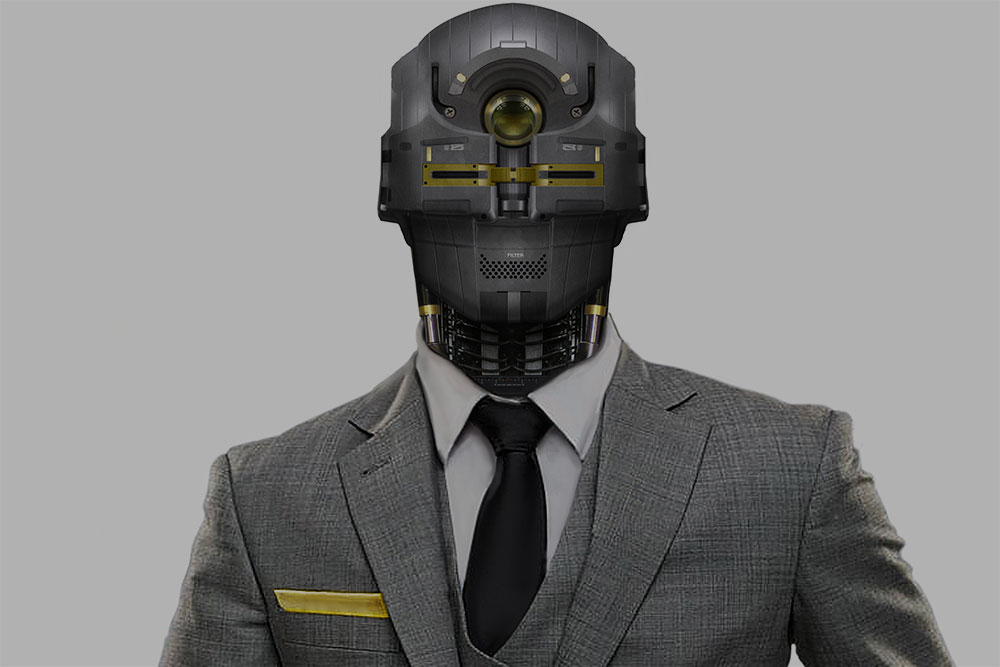
by Eliott Lilly | Sep 14, 2015 | Questions

As an author of this blog, readers usually ask me (Eliott Lilly) questions about the concept art industry, but every now and then I also get asked personal questions as well. Here are a few short answers to the questions frequent asked about myself.
I noticed that you deal with mostly gun designs and mech based units. Where do you get your inspiration for some of these works?
I, like most people, draw inspiration from everywhere. I keep a watchful eye on “Life” and absorb everything like a sponge. This means being attentive to things like current events, nature, books, movies, etc. In fact, some of my favorite pieces off art are a result of my natural curiosity to understand Life. If, while walking down the street I see something of interest, then I may photograph it, so it can be researched further when I get home. This leads to a deeper understanding of what things are and how they work. Form there, it’s just a matter of incorporating what I have learned into my own design ideas, then turning that idea into an image. This mash up of random ideas usually yields a unique (and hopefully cool) looking end result. If you are struggling with an idea, you may want to try this as well.
Do you rely on computer graphics or do you still draw daily?
I do both. Every day I paint for hours on the computer (usually for work or personal projects), but I reach for my sketchbook whenever I have to quickly problem solve an idea in my head. I do this because, despite all of the advances in technology, I still find that drawing on paper with pencil is the quickest and easiest way to explore ideas and gather my thoughts.
I’m trying to improve my book and Reference library – I’m curious to know what you would recommend.
Buying books is great way to learn. I have hundreds. Check out the recommend resources page to see my personal favorites.
If you would like to ask your own question, feel free to drop a line to me@eliottlillyart.com. It may take some time, but I will do my best to respond.
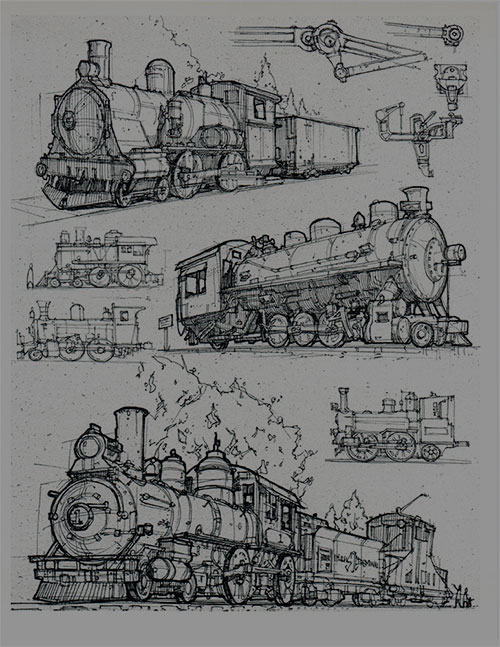
by Eliott Lilly | Sep 7, 2015 | Questions
Question submitted by Devere W. Sketches provided by James Paick
I was wondering if there is any value to including sketches in my portfolio, (call outs of details and other parts of the development process) or if its best to stick to single image presentation of designs like you did in your portfolio?
Hey Devere
Because concept artists are basically creative problem solvers, sketching and brain storming is usually the first step in the design process. Instead of asking: “Should I include sketches in my portfolio?”, you should be asking: “What is the benefit to showing my sketches in my portfolio?”. That means you will have to determine how much value is in the sketches themselves. I think showing sketches works best when they accompany a polished image (as call-outs)
I would include sketches if they :
- Offer additional information or clarity that cannot be found in the finished image
- Demonstrate a good understanding of the foundation skills (like form, anatomy, perspective etc.)
- Are clean, presentable and can be organized well on a page.
Below is a good example of “portfolio worthy” sketches. If your sketches are on a similar level, then you may want to consider including them in your portfolio.
You also want to make sure that you have enough sketches to be consistent in both quality and quantity. Check out Feng Zhus school gallery to get an idea on how to arrange sketches in your portfolio. http://fzdschool.com/entertainment
Being that you come from an industrial design background (and assuming you are in the habit of designing not only the function of an object, but that object from all angles… chances are your sketches will make a great addition to your portfolio.
Hope that helps.
-Eliott
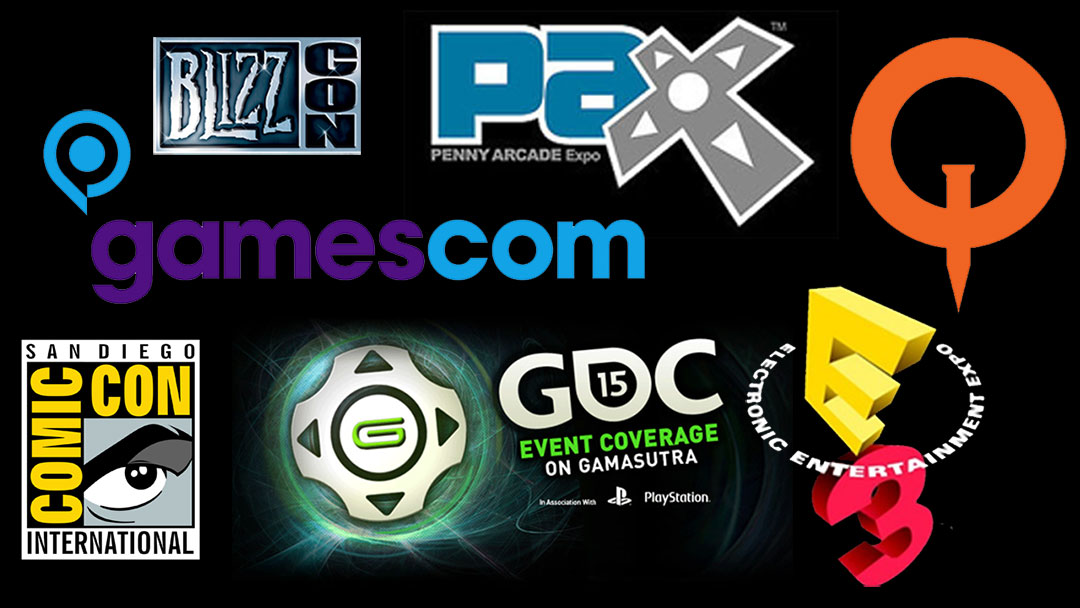
by Eliott Lilly | Aug 10, 2015 | Questions
Question submitted by Josh N.
Hi. I read your article on Artstation “10 things to do before you apply for a concept art job” and I was glad to learn I’ve been doing some of the right things while learning others. I would like to ask though, in regard to expos, do you have any suggestions for which to attend besides the obviously (E3), I have one major obstacle between me and a career in game art, living in Warsaw, IN.
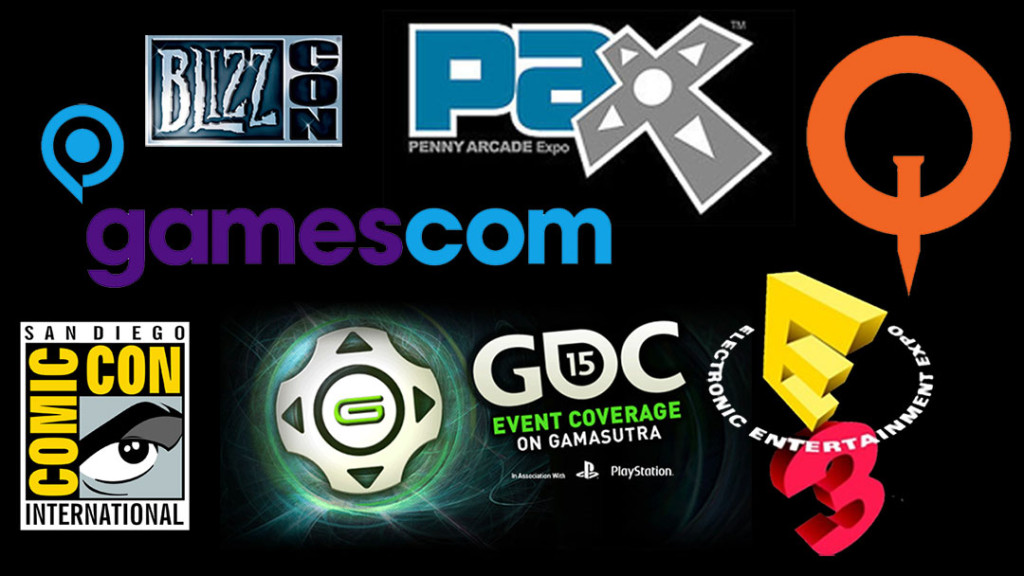
Hi josh,
I’m not too familiar with the gaming events taking place in Warsaw, IN. You will have to do some research there to see if/ when there will be another local event. A quick google search on my part turned up this list of gaming conventions.
As far as other gaming conventions go, you’re right: any of the big ones will do. I personally had a lot of success at GDC (Game Developers Conference). Vendors were easily approachable and had a good number of staff on-hand to look at portfolios. If you can spring for it, that’s where I would start.
-Eliott

by Eliott Lilly | Jul 29, 2015 | FAQ, Questions
Question submitted by Marvin R.
I am 22 years old and I just finished reading your book “The Big Bad World of Concept Art for Video Games” and I was stuck with one question.
Is there a age limit on when to start? Are there any concerns where companies might turn you away based on your age?
I am currently thinking of applying to the Feng Zhu School of Design which is also mentioned in your book, mostly because it offers such a short duration and promises fast learning. Would you suggest going through a basic 3-4 year education or can 1 year of intensive studies be enough ?
Hey Marvin, if drawing is your passion and is what you truly want to do, then no, it is never too late to start. Companies aren’t usually biased based on age. They are, however, biased based on portfolio quality. If you want to work in this industry, then you will need to be good at it since competition is so high.
Depending on your circumstances and artistic talent, you may need to kick your learning into high gear. I think attending a school like FZD is a good idea. It’s intensive program will get you on track fast! There’s no guarantee that you will be industry ready in one year (highly unlikely) but you will be much closer than you are now.
And since success is all in the mind, your head is in the right place. With commitment, effort and focus, I think you’ll be just fine
Bets of luck.
-Eliott








